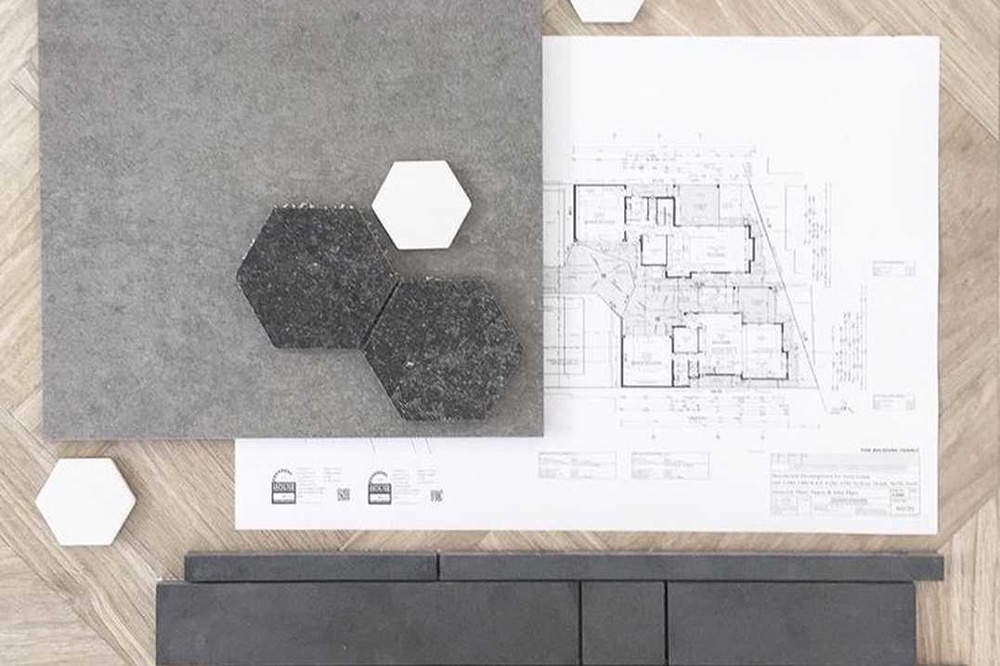Do you want to make sure that you don’t get short-changed on the home you’re paying for? Homeshelf has the solution.
Many first-time home buyers spend exorbitant amounts of time choosing the perfect inclusions (like doors, countertops and tapware) for their dream home. The problem is, when the build is complete, they find that the builder has made substitutions along the way. This is disappointing—to say the least!
If you want to ensure this doesn’t happen to you, you need to be aware of what is included in your contract and ensure that it is as detailed as possible.

Make Sure Your Building Contract is as Detailed as Possible
Because a construction contract is a legal document, builders are legally bound to adhere to them. As such, when signing a building contract, you should ensure that it is as detailed as possible. That way, you can ensure that you are legally protected when it comes to receiving exactly what you want.
Sometimes the contract that builders provide contains very little detail. This is dangerous because it then gives the builder a lot of wriggle room when it comes to the details of your future home. That’s why the bath that you end up with might not at all resemble the bath you adored in the showroom.
Make sure that you look for the model name and number of all the inclusions you want, such as bench tops, toilets and baths; don’t just settle for a vague description and its colour. That way, you can be sure that your builder won’t end up installing something different.
By ensuring that you get what you dreamed of from the outset, you don’t have to deal with the disappointment of compromising your dream home or have to worry about wasting valuable time and money having items replaced down the track.

Other Elements to Keep an Eye Out For
Additional elements you should ensure are included in your contract before signing so that you don’t get short-changed include:
- A title and description of the project, including a list of any permits or licenses required for its completion
- A projected timeline and completion date, with details outlining what will happen if the completion date is unable to be achieved
- A cost estimate and payment schedule, including details regarding deposits and late fees
- Stop work and stop payment clauses, outlining the rights of both the worker and client should payment not be made or established projected milestones not be met
- An Act of God clause, outlining how the project will proceed should unforeseeable circumstances – such as a natural disaster – occur
- A warrant that helps to guarantee quality of work
Ensuring that all of these elements are included in your contract, and are highly detailed, will help to ensure that you are not short-changed on the home you’re paying for.